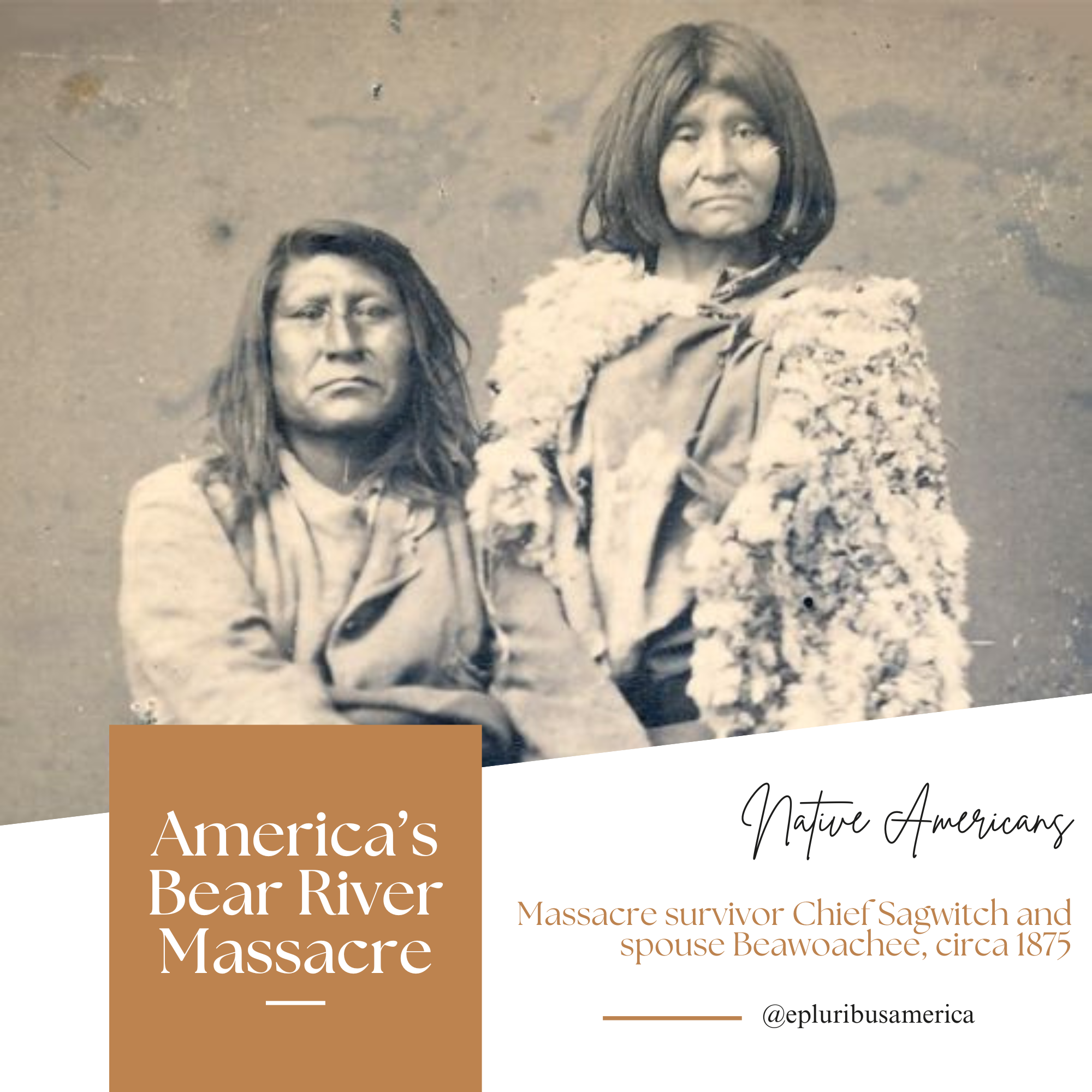The Bear River Massacre occurred on January 29, 1863, when Colonel Patrick Edward Connor led approximately 200 California Volunteers in an attack on a Northwestern Shoshoni winter camp in present-day Utah. The attack resulted in the deaths of approximately 250 Shoshone men, women, and children.
Take-Aways
- The Bear River Massacre was a brutal and unprovoked attack on a peaceful Shoshone village.
- The Bear River Massacre was motivated by the desire of white settlers to take control of Shoshone land and resources. Additionally, the Shoshone tribe had retaliated against the white settlers who had appropriated their land and water, prompting territorial officials to call on Colonel Connor’s troops to punish the Northwestern band.
- The U.S. Army’s actions at Bear River were part of a larger pattern of violence and dispossession against Native Americans.
- Colonel Connor used surprise and deception to carry out the attack on the Shoshone. His troops completely enveloped the Shoshone camp and fired indiscriminately on men, women, and children.

Impact on American Culture and Society
The Bear River Massacre had a devastating impact on the Shoshone people. The massacre not only resulted in the loss of life but also the loss of land, resources, and cultural identity. The massacre also contributed to the growing rift between Native Americans and white settlers. The Bear River Massacre is a reminder of the dark side of American history and the violence that was inflicted upon Native Americans in the name of westward expansion. It is also a stark reminder of the cyclical nature of history as the world bears witness to the genocide in Palestine by Israel for its settler colonialism and expansion.
Lessons Learned
The Bear River Massacre offers several important lessons. First, it is a reminder of the importance of respecting the rights of all people, regardless of their race or ethnicity. Second, it is a reminder of the dangers of unchecked military power. Third, it is a reminder of the importance of historical memory and the need to acknowledge past injustices.
The Bear River Massacre was a tragic event that had a profound impact on American history. It is a reminder of the dark side of westward expansion and the violence that was inflicted upon Native Americans. It is important to remember the Bear River Massacre and to learn from its lessons so that such atrocities are never repeated. And yet, despite the lessons offered by history, the United States is an active partner in the genocide of the Palestinian people in Gaza and the West Bank. History is cyclical when lessons are not learned.



